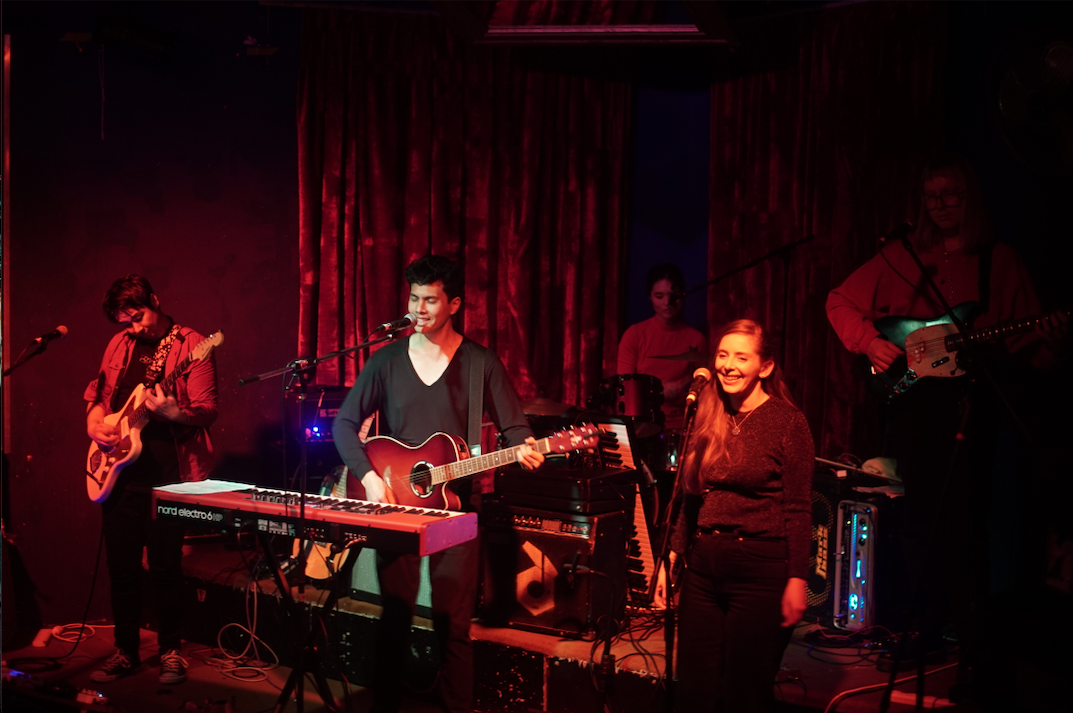DUEL NATIVE On the Making Of “One Street Back”
Photo Credit: Photo credit: MP
How did everything come together?
The song started when I got home from an organised protest for Black Lives Matter. It was in Naarm (commonly referred to as Melbourne) in so-called Australia. The protests brought thousands on to the streets campaigning for an end to Aboriginal deaths in custody, as a result of The Guardian Newspaper's findings from a two-year long project to monitor Aboriginal deaths in custody.
I got home, and felt so sick. I had quite a visceral reaction to both the cause of the protest and the protest itself. Here were an unknown number of oppressed people across the world being murdered by the police, and on the streets are a load of well-meaning privileged people protesting about it - and yet not willing to truly give anything up to change the status quo.
Anyway, I sat at the piano, and the song literally fell out of me.
Were there any challenges or obstacles you faced while creating "One Street Back?”
One thing that only occurs to me now the song is released, is that this song is the only song I've written that has explicit lyrics, and one word in particular that I wouldn't normally use. I considered removing it or changing it for the release, but I didn't want to change it. I know that explicit lyrics heavily reduce opportunities for being played in public, on radio, etc. but on balance, I wanted to leave it that way, because the song and the people I'm referring to in the song deserve these words.
Can you describe the emotions or feelings you hope this single evokes in listeners?
I didn't really write the song for anyone else. It's kind of a conversation with myself. It's that feeling of anger and guilt and apathy all at once. When I reflect on it, I think the song is about the complexities of gentrification and the oppression and displacement of marginalised communities - including my own ancestry in Trinidad (shipped there by the British as slaves) and Hong Kong (check out the Umbrella Revolution if you're not familiar). The verses are all about conviction and force and collective energy. The choruses are an introspective lament on the fleeting nature of protest, and the middle 8 is where it all breaks down, and the privileged go home to our comfortable beds to get back on with daily life. I guess I would be surprised and happy to know if a listener could experience any of this the way I do!
Can you walk us through your creative process when writing and composing music?
It's almost always meditative. Half of my songs come from sitting at the piano or guitar and not trying to play anything specific. The other half is written during my REM sleep.
Can you share an instance where you felt a strong connection with the crowd during a show?
We did a show that was a Murder Mystery. The show was both a musical performance and a commentary on Australia's cultural history, and the need for truth-telling. So many people have got in contact since that show, to talk about the impact it had on them - how it made them feel, how it made them reflect. I find that I feel a strong connection with anyone who thinks deeply, who has an attention span longer than 3 seconds.
